10 Key Things To Know About A No-Sugar Diet, Backed By Nutritionists
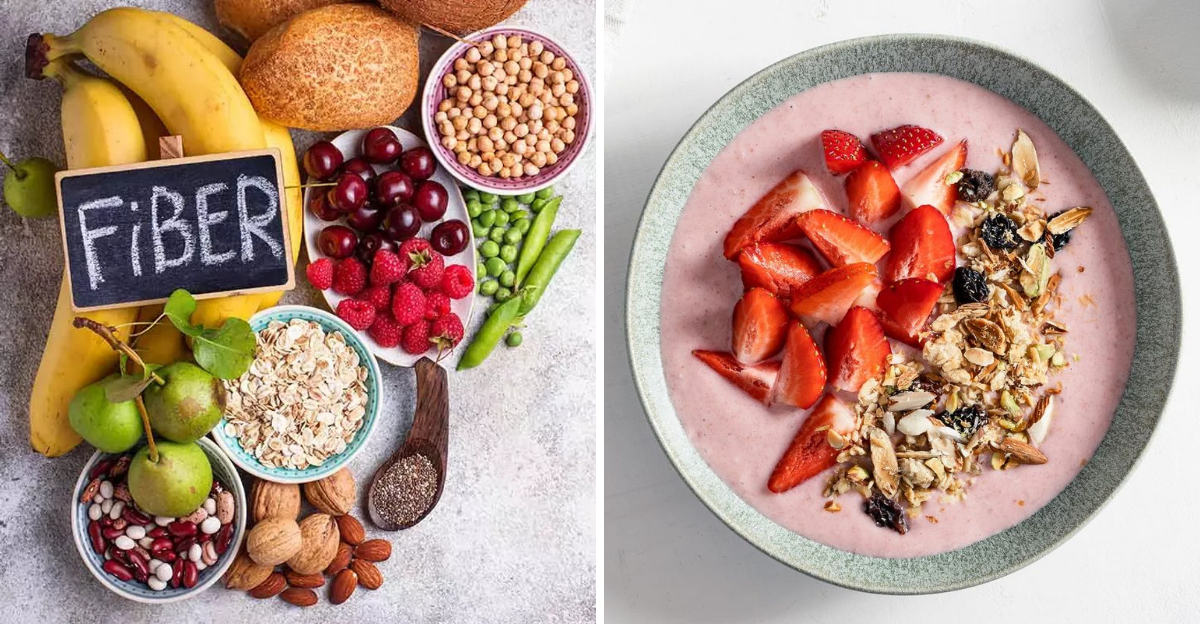
Embarking on a no-sugar diet can be life-changing, offering numerous health benefits that are endorsed by nutritionists. From improving sleep to promoting clearer skin, eliminating added sugars from your diet invites a range of positive changes. However, it’s essential to understand the nuances involved in such a lifestyle shift. This guide explores ten key things to know, ensuring that your journey toward a healthier, sugar-free life is informed and effective.
1. Natural Sugars Are Still Okay
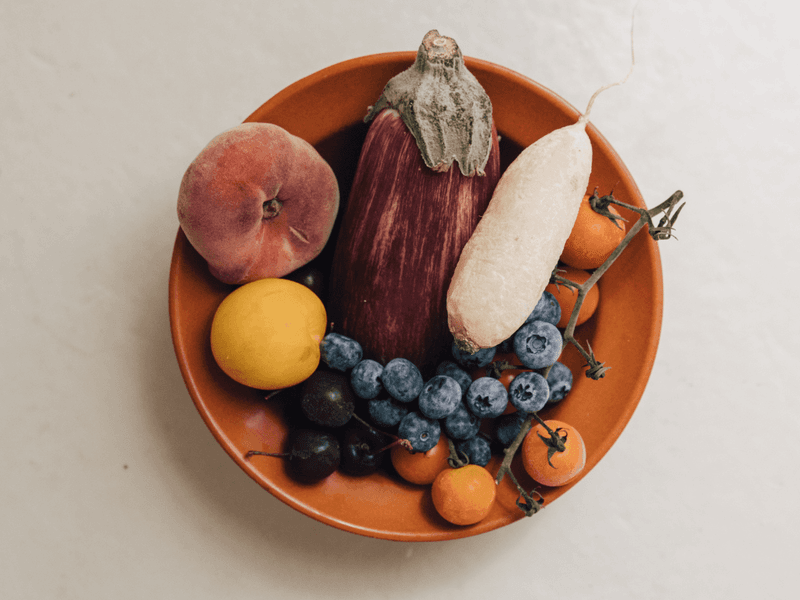
Fruits are nature’s sweet treat, and on a no-sugar diet, you don’t have to forgo them. These foods contain naturally occurring sugars that are packed with essential nutrients and fibers. While you’re cutting out added sugars, whole fruits, vegetables, and dairy products remain on the menu. The natural sugars in these foods metabolize differently, offering a steady source of energy without spiking blood sugar levels dramatically. Enjoy a fresh apple or a handful of berries as part of your balanced diet. Remember, these natural sugars come paired with vitamins, antioxidants, and minerals.
2. Reading Labels Is Non-Negotiable
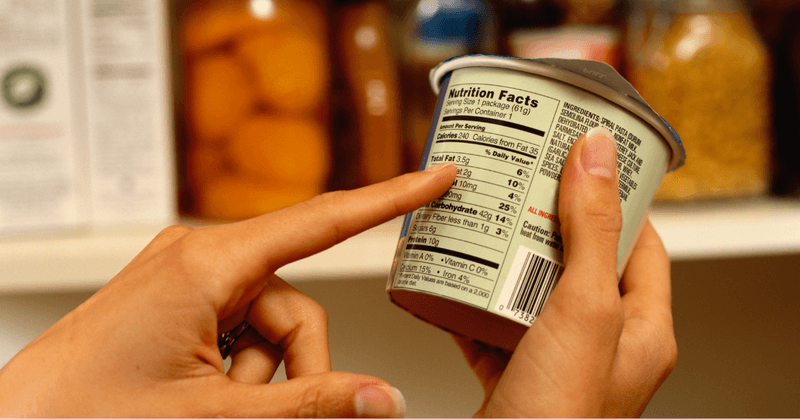
Understanding food labels is a critical skill when adopting a no-sugar diet. Added sugars can hide under many names, such as dextrose, maltodextrin, or cane juice. Even seemingly healthy items like granola or yogurt can be laden with sugars. By closely reading ingredient lists and nutrition facts, you’ll be better equipped to make informed choices. Look for products with no added sugars or ones that list sugar ingredients toward the end. This practice empowers you to control your sugar intake and choose healthier options for your meals and snacks.
3. The First Few Days Can Be Rough

When you first eliminate sugar, your body might protest. Withdrawal symptoms such as headaches, mood swings, and fatigue can surface, making the initial days challenging. This reaction is your body’s way of adjusting to the absence of quick energy sources like sugar. Hydration and rest are your allies here—consider herbal teas and adequate sleep to ease this transition. Most people find that these symptoms subside within the first week, paving the way for increased wellness. Understand that this is a temporary phase that leads to feeling more energized and focused in the long run.
4. Fiber Is Your New Best Friend
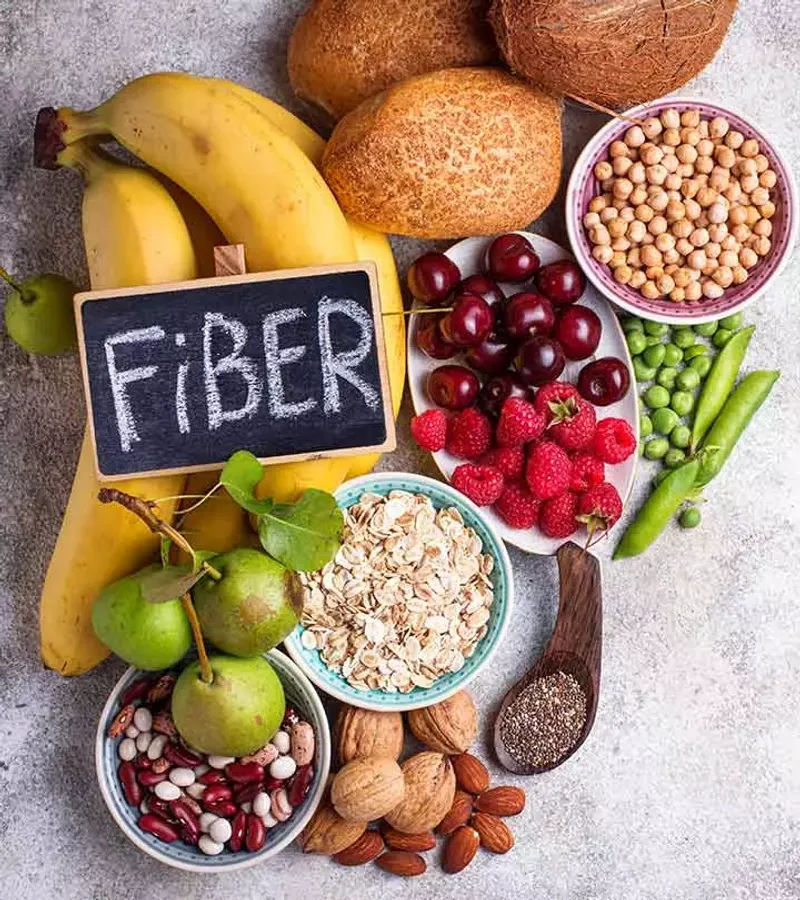
Fiber plays a crucial role in a no-sugar diet, acting as a natural counterbalance to sugar cravings. Foods high in fiber, like oats, lentils, and leafy greens, help maintain stable blood sugar levels. They slow the digestion of carbohydrates, preventing spikes and crashes. Additionally, fiber-rich foods contribute to a feeling of fullness, which can help reduce the urge to reach for sugary snacks. Incorporating a variety of these foods into your meals ensures you receive not only dietary fiber but also essential nutrients, making fiber your ally in this health journey.
5. Artificial Sweeteners Aren’t Always the Answer
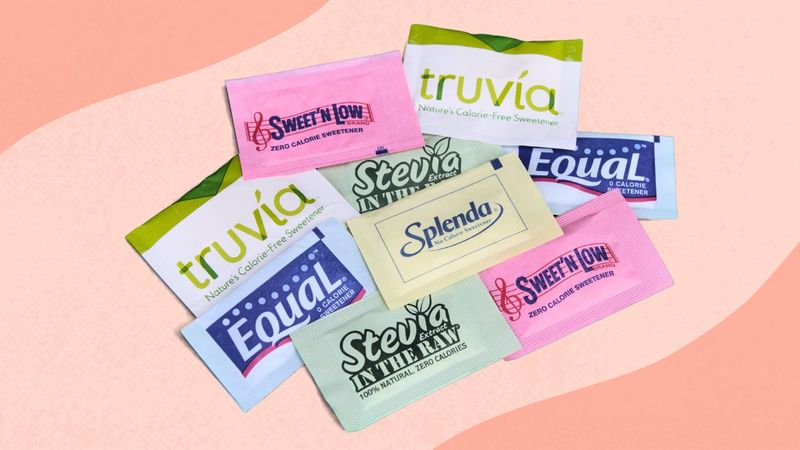
While artificial sweeteners offer a sugar-free alternative, they may not always support your health goals. Some individuals find that these substitutes can still trigger sugar cravings or digestive discomfort. Moderation is key when incorporating them into your diet. It’s important to listen to your body and observe how these sweeteners affect you personally. Some studies suggest that artificial sweeteners might have mixed impacts on metabolism. Experiment with natural alternatives like stevia or monk fruit to find what works best for you without compromising your dietary objectives.
6. You’ll Likely Sleep Better

Eliminating added sugars from your diet can lead to more restful and uninterrupted sleep. Stable blood sugar levels prevent nighttime wakefulness by avoiding the crashes that often occur with high sugar intake. Many individuals notice improved sleep patterns within days of reducing sugar. Better sleep quality is linked to an overall enhancement in health, affecting mood, concentration, and energy levels the following day. As your body adjusts to this new dietary habit, enjoy the benefits of deeper, more rejuvenating sleep, contributing to a healthier lifestyle.
7. Expect Clearer Skin

Reducing sugar intake can lead to significant improvements in skin health. By lowering sugar consumption, you decrease inflammation and excess oil production, which are often culprits of breakouts. Over time, many people experience a noticeable reduction in acne and enjoy a healthier, more radiant glow. This transformation is attributed to a decrease in insulin spikes that sugar causes, which can exacerbate skin issues. With a no-sugar diet, your complexion reflects the inner balance achieved by healthier dietary choices, offering a lasting and visible testament to your commitment.
8. Meal Prep Makes a Huge Difference

Planning and preparing meals in advance can greatly aid in adhering to a no-sugar diet. When cravings strike, having balanced meals and snacks ready ensures you reach for nutritious options rather than sugary ones. Consider preparing items like boiled eggs, hummus, and roasted nuts. These are not only quick to grab but also satisfying and nourishing. Meal prepping helps maintain consistency and keeps your diet on track, making it easier to resist the temptation of added sugars. This practice fosters a sustainable approach to healthy living.
9. ’Healthy’ Foods Can Still Be Sugar Bombs
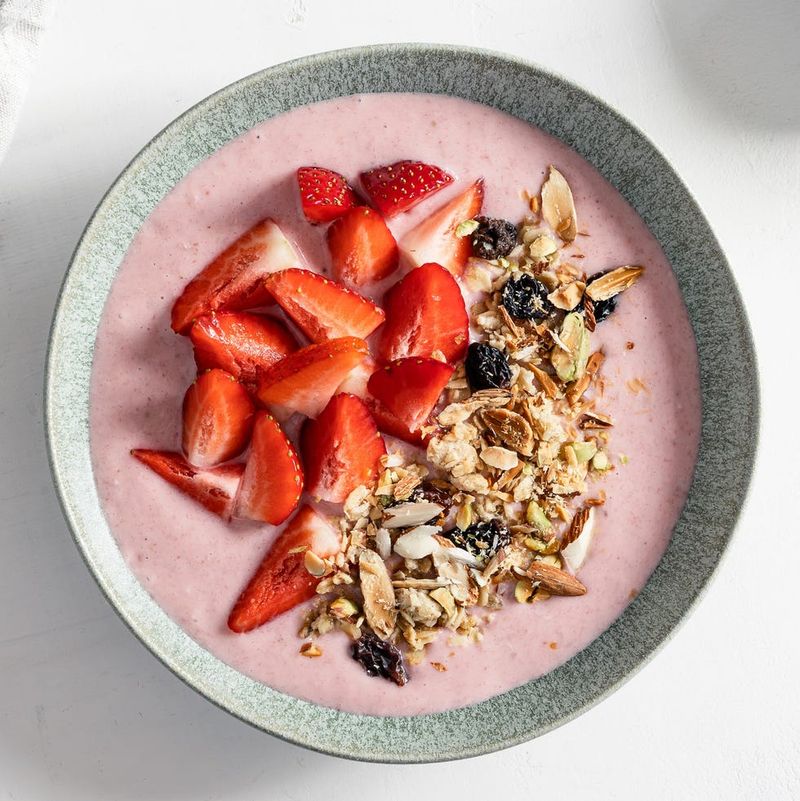
It’s easy to be misled by foods marketed as healthy that actually contain high levels of hidden sugars. Products such as energy bars, flavored yogurts, and juices often pack more sugar than a dessert. To avoid these sugar bombs, scrutinize nutrition labels and ingredient lists. Understanding the sugar content of these products is essential in making informed dietary choices. Opt for products with no added sugars or natural sweeteners and prioritize whole, unprocessed foods. This vigilance helps sustain a truly no-sugar diet, emphasizing nutritional value over deceptive marketing.
10. The Mental Shift Is Just as Important

Adopting a no-sugar diet involves more than just dietary changes; it’s a mental transformation as well. Shifting focus from what you’re eliminating to what you’re gaining is crucial. Concentrate on the benefits like increased energy and better focus. This positive mindset supports long-term adherence to your new lifestyle. Reflect on your progress and set achievable goals to stay motivated. Over time, this mental shift fosters a healthier relationship with food, encouraging a holistic approach to wellness that transcends mere physical benefits and enters the realm of personal growth.
